About Us
Founded in 1944, the American Committee for the Weizmann Institute of Science develops philanthropic support for the Weizmann Institute in Israel, and advances its mission of science for the future of humanity.

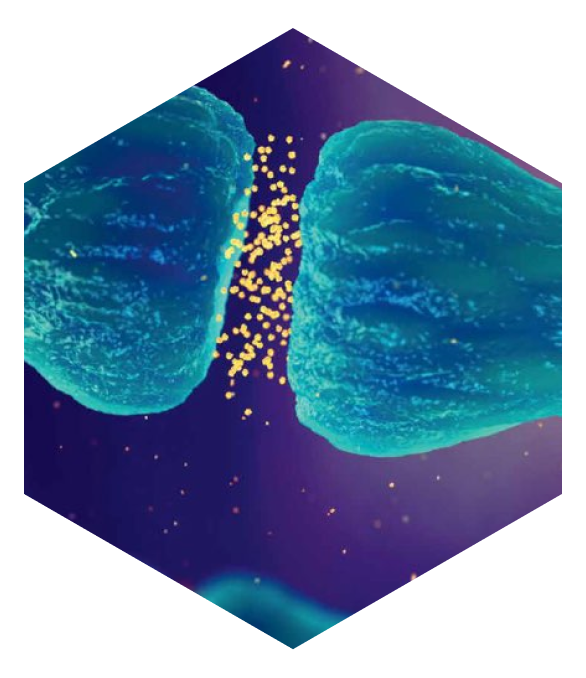
Prof. Eldad Schneidman
Head, Department of Brain Sciences
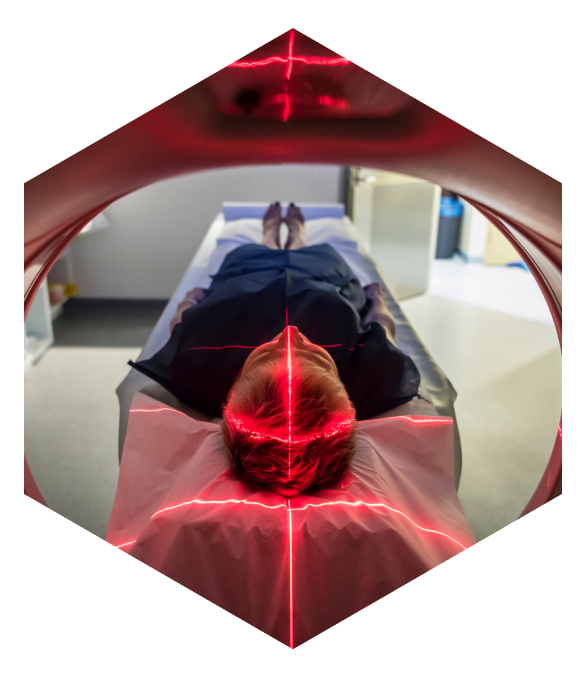
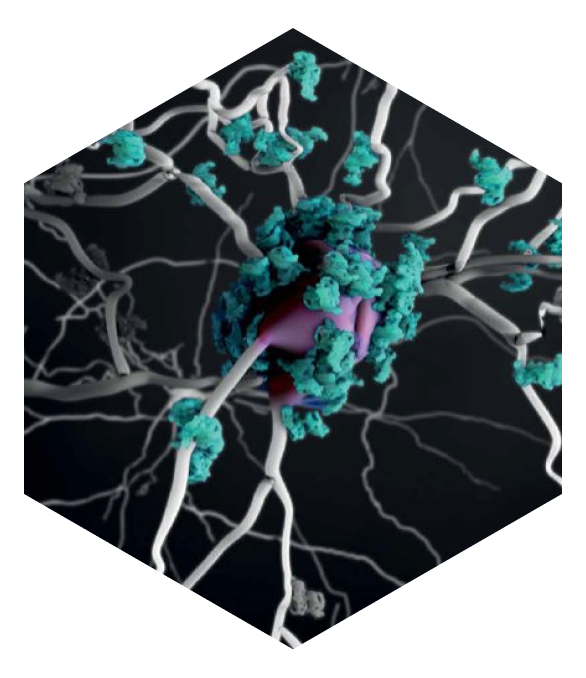
The brain is one of the last great frontiers of medicine, and the researchers at the Weizmann Institute are the world's greatest explorers.
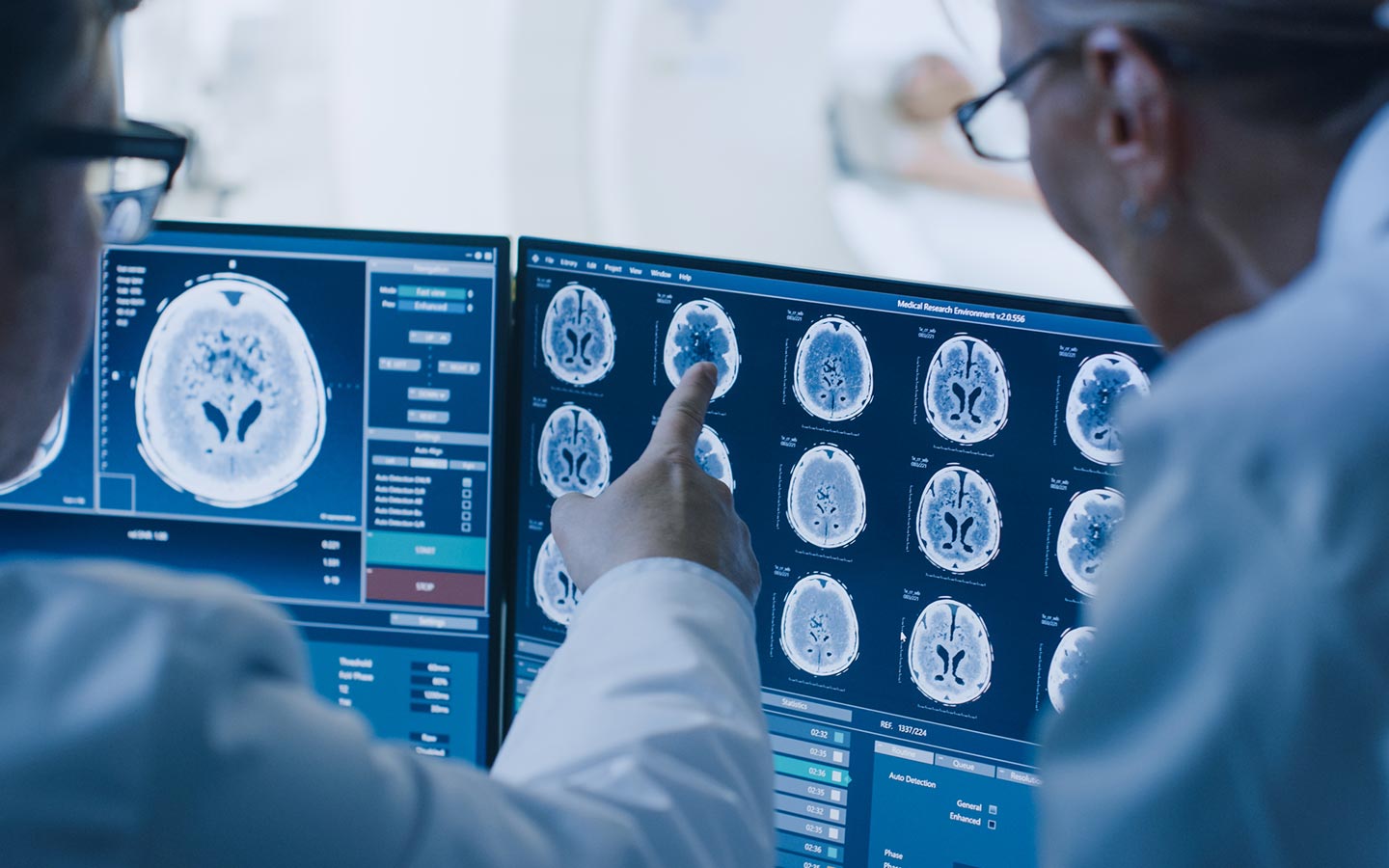
Why Brain & Neural?
With a greater understanding of mental health than each generation before, and with life expectancy continuing to grow, we're discovering more conditions affecting the human brain and their impact on quality of life. By developing medicines and therapies that are truly effective, the Institute's research could transform the lives of millions of people worldwide. By attracting young neuroscientists and inspiring students to specialize in the field, this initiative helps guarantee the growth and future of innovative brain research.
Why Now?
Bringing together Weizmann's renowned neuroscientists and advanced technologies will drive innovation. A new, purpose-designed hub will provide physical proximity and foster the interdisciplinary spirit needed to inspire collaborations and breakthroughs.
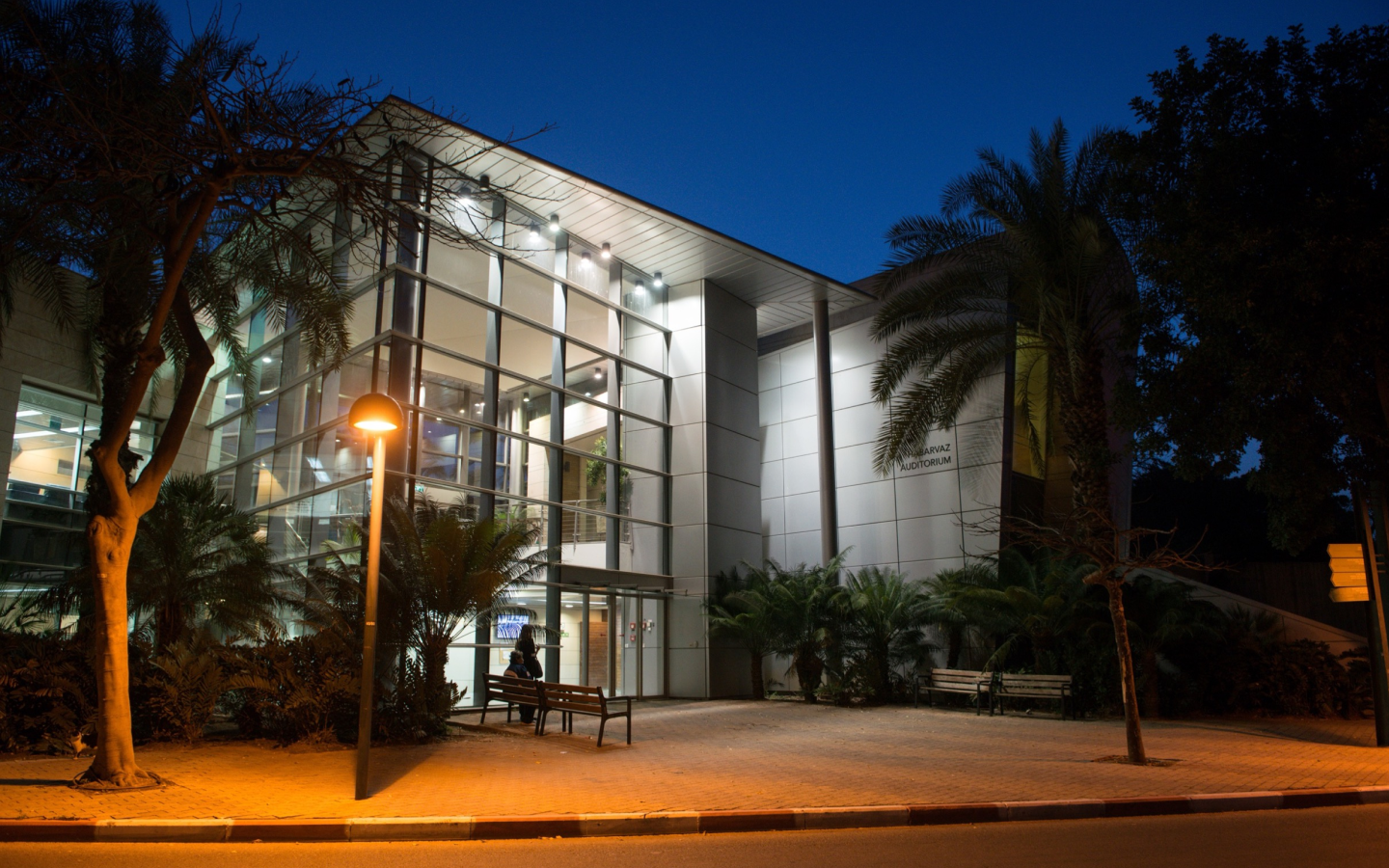
Why Weizmann?
Understanding the brain requires a range of disciplines, a host of instrumentation and methodologies, and experts from across the sciences. With more than 40 groups focused on neuroscience, and multiple teams from other fields contributing to this work, the Weizmann Institute possesses the diversity and capabilities required. Sophisticated equipment, such as the rare 7-Tesla MRI, advances the research.
Brain and neural science. Artificial intelligence. Frontiers of the universe. Environmental sustainability. The Weizmann Institute of Science's four flagship priorities are moving these crucial areas of research into the future, forging new paths through creativity, collaboration, and emerging technology. Your support will help Weizmann scientists make the next generation of breakthroughs for the future of humanity.